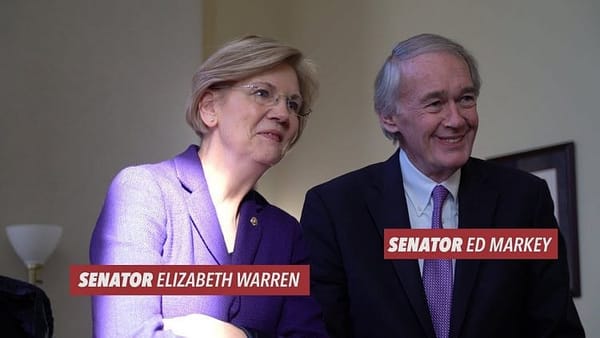Transcript of Hearing on Proposed Equal-Racial-Outcomes Amendment to Massachusetts Constitution

Below is a transcript of a portion of a hearing of the Joint Committee of the Judiciary of the Massachusetts Legislature on Tuesday, April 6, 2021 dealing with a proposed amendment to the Massachusetts Constitution that would define unequal outcomes by race and other groups de facto evidence of racially inequitable state government policies and require state government action to remove the perceived imbalance.
The measure is Massachusetts Senate Bill 21 (known as S. 21). It would amend the state constitution to say "Equality under the law and within the policies of the commonwealth shall not be denied or abridged because of sex, race, color, creed, sexual orientation, or national origin." The measure also states: "Persistent unequal outcomes among such categories shall constitute inequality under the law and shall thereby by unconstitutional."

